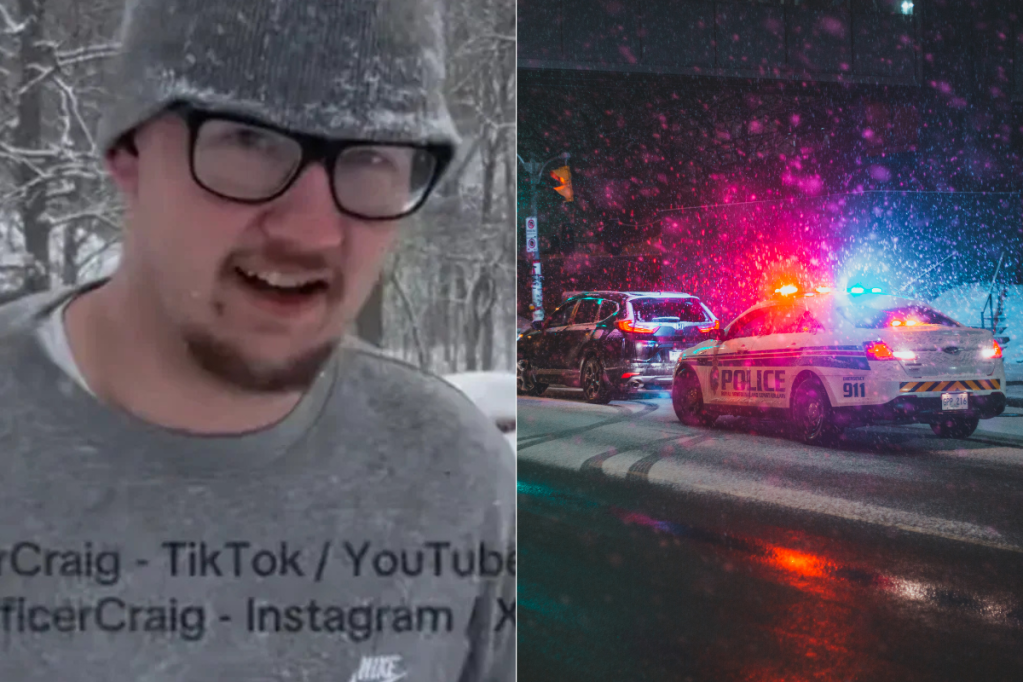You already know about the brutal attacks in Paris on Nov. 13, 2015.
That senseless tragedy was orchestrated by a terrorist group called Daesh — although they’d prefer it if you called them ISIS, to reinforce their claim to be an independent nation-state made up of parts of Syria and Iraq. (Let’s not give them that satisfaction.)
Daesh might be more interested in stoking anti-Muslim hatred for their own insidious ends than they are our warming planet, but the two are definitely connected.
The chaos in Syria helped lead to the rise of Daesh. And climate change played a big role in creating that chaos.
Image by Stolbovsky/Wikimedia Commons.
You read that right: Our increasing global climate has contributed to the spread of terrorism’s climate of fear.
Between 2006 and 2009, a massive drought in the Syrian heartland caused an agricultural collapse. Food prices soared, along with nutrition-related diseases. Before long, 1.5 million Syrians abandoned their farms and headed into the city’s urban centers, which were already overcrowded with refugees from Iraq.
That drought, of course, was the direct result of global warming. Our rapidly changing climate is creating unprecedented swings in weather that are getting harder and harder to predict or prepare for.
Photo by CIAT/Flickr.
So what happens when you have tons of hungry, desperate folks all crammed together in close quarters and fending off the freaky weather? Chaos.
And what do power-hungry megalomaniacs love more than exploiting civil unrest to further their goals? (That last part was rhetorical.)
This isn’t just some crazy far-fetched fringe belief either.
Bernie Sanders knows it. Martin O’Malley knows it. President Obama knows it. Even Prince Charles knows it. (Also the National Academy of Sciences, but for some reason people aren’t always that into listening to scientists when it comes to climate talk.)
Climate change and terrorism are arguably the two largest problems that affect the entire world.
In fact, climate change is a major factor in more than 400,000 deaths per year, compared to an average of 18,000 from terrorism across the globe.
But there’s a silver lining in the city of love.
Just two weeks after the terrorist attacks that claimed 130 lives, hundreds of world leaders converged upon Paris for the 21st annual Conference of the Parties (COP21), an international climate convention organized by the United Nations.
The timing is pure coincidence, of course. But people also tend to come together in the wake of tragedies.
This sets up COP21 to be as much about solidarity as it is about renewable energy — which makes a whole lot of sense, given the connection between terrorism and climate change.
The City of Lights is a beacon of hope. Photo by Javier Vieras/Flickr.
Dr. Andrew Steer, president and CEO of the World Research Institute, released a statement, saying:
“Our team of experts will push forward in support of a climate agreement in Paris not only because of the urgency of the issue, but to show our deep solidarity with the people of France. Our hope is that this summit will demonstrate unequivocally that the global community can come together around common solutions. We will pursue a climate agreement that enhances safety for vulnerable communities, increases global prosperity, and protects people and the planet for future generations.”
U.S. Secretary of State John Kerry echoed this, saying, “There is a clear strategy in place, and step by step, I am confident the momentum will pick up. […] I think that will be an important statement by the world that no one will interrupt the business of the global community — certainly not despicable, cowardly acts of terror.”
It’s not just political figures behind this sentiment, either. In a recent interview on Boston Public Radio about the attacks, Charlie Sennot of the Ground Truth Project said:
“You have to almost think of this as two narratives: the narrative of ISIS which is about destruction, and violence, and dividing us. And then there’s this other narrative about coming together as a world and really trying to focus on this enormous threat to our planet, climate change. I think that latter narrative is much stronger, and has much more ability to pull people together. […] Climate change is a much larger threat to our planet than terrorism. And climate change, like the war on ISIS, is going to require a global response.”
Photo by Le Centre d’Information sur l’Eau/Flickr.
We can’t keep looking at these problems in isolation when the world is so interconnected.
Climate change, like terrorism, is a threat to all of us. And it’s not something that can be solved on just a local level.
If we’re all going to continue living on the same planet, we’re going to need to find ways to work together.
The ultimate goal of COP21 is to emerge on Dec. 11 with a legally binding universal agreement to address the climate crisis. So let’s unite and demand that our world leaders take action.


























